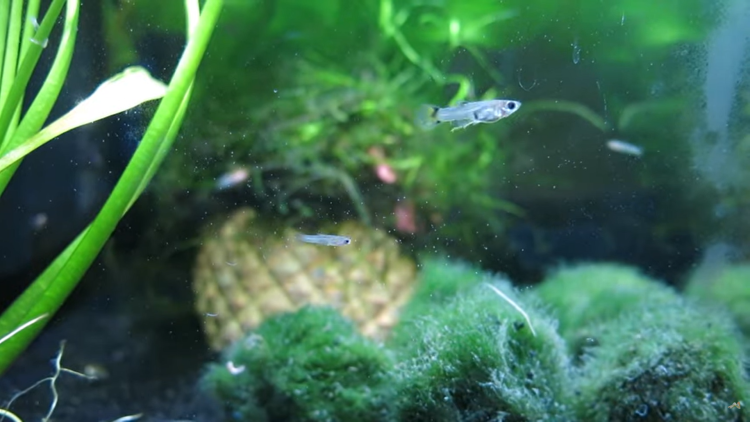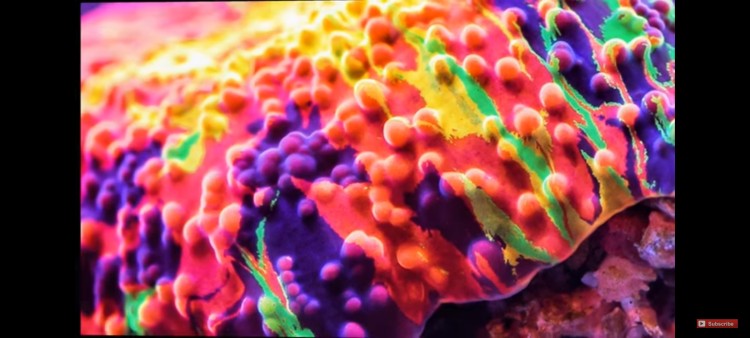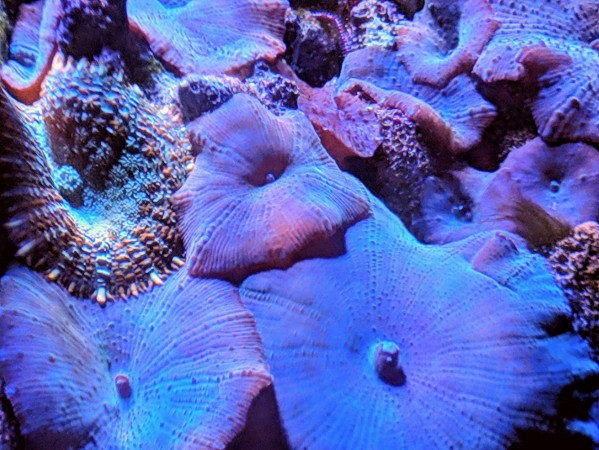10 Things The Reefing Hobby Should Stop Doing
- Oct 15, 2022
- Anshika Mishra
- 255 0 0

1. Overcomplicating Things
It's easy to deal with high nitrates or phosphates by adding things like carbon dosing, changing the filtration media, or new equipment. And while these ideas can work, they are not simple, and keeping them simple is almost the best way.
Water changes are the best way to reduce high nitrate or phosphate with a small tank. Using a good quality water source will bring the nitrates down; if you do several significant water changes over a few days, it will resolve your problem. The same goes for algae problems.
2. Selling Single Polyps Zoas
Under the right conditions, Zoas are a fast-growing coral to the point that they are often considered a pest because they can spread and take over.
And yet, they are often sold as single polyps for relatively high prices. In contrast, in reality, it wouldn't hurt the vendor to sell four or five polyps for just a few points more, and they'd still have plenty of Zoas left that grow quickly enough to make that a viable business practice.
The plus size of getting s single polyps Zoa is that you can put it in the right spot and don't have to worry about it spreading quickly. But ultimately, because these Zoas are more likely to die in larger polyps, it would be great for the hobby to stop selling single polyps.
3. Spending Crazy Money on Torch Corals
Torch Corals seem to go in the cycle when they are fashionable and popular. However, they sell for massive amounts of money for a single head.
While there is still excitement around Torch corals and even increasingly names, people will keep buying them and paying the high prices.
4. Importing Big Fishes
This variety includes Batfish and Dragon Wrasse. These include fishes like nice, cute, and tiny but can get enormous when fully grown.
It is straightforward for people to buy these fish in the beginning when they are nice and small in the shop with no idea that they are going to get big because they haven't done a bit of research in advance.
But, it is essential to know the fish's proper position so they can stop importing these fish in the first place.
5. Taking Information at Face Values
When you are watching videos, it's straightforward to see one little snippet of information that perhaps you are looking at and then latch onto it and think this person has said it, they know what they're doing, and that's why it is what I should do.
It's always tricky for the person advising to explain everything they mean.
So, as hobbyists, we take what we hear, digest the information, and see if it will apply to our tank. This way, you are much more likely to get good outcomes.
6. Thinking Expensive Equipment = Success
When starting a hobby, it's easy to think you must spend an absolute fortune on all the equipment. A great example is a powerhead.
It's not like you don't get what you pay for; of course, you do with everything in a line.
7. Using Over Alage
The danger is that you might end up with a far more invasive variety.
8. Chasing Coral Growth
This includes experimenting with high alkalinity or tweaking your lighting trying to get it perfect over several months, or even things like coral foods and trace elements through at random,
They do work, but the hobby works on basics, and it is far more critical to get those right than playing with other pioneering areas, such as trying to get your alkalinity up.
So, before you embark on that kind of journey, make sure that you have got all the basics sorted, and if you've got all the basics covered, the chances are that you will have tremendous growth. And if not, then you can start looking at other things.
9. Importing Corals We can Grow Easily
The fact that we export many fast-growing corals from the wild, where they are less likely to be as hardy, is not suitable.
At some time in the future, there will come a time when we can't import any corals, so let's remove corals that we don't need to import and get ahead of the game.
10. Avoiding Water Changes
Doing 10% weekly water changes works. It's an effective way to maintain salinity by reducing nitrates and replenishing things like trace elements.







About author